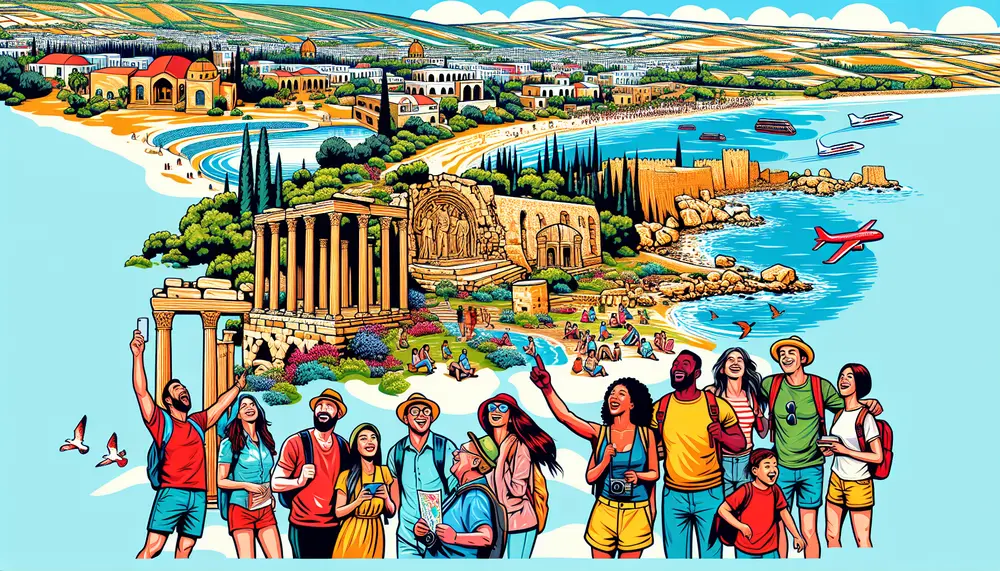Mosaics
Mosaics
Mosaics
Mosaics are an ancient art form that involves creating images or patterns using small pieces of colored stones, glass, or other materials. In the context of Cyprus, mosaics hold a special place in the island's rich cultural heritage.
History of Mosaics in Cyprus
The history of mosaics in Cyprus dates back to the Hellenistic period, around the 4th century BC. During this time, artisans began to create intricate designs for floors and walls in public buildings and private homes. These early mosaics often depicted scenes from mythology, nature, and daily life.
Famous Mosaic Sites in Cyprus
Cyprus is home to several famous mosaic sites. One of the most notable is the House of Dionysus in Paphos. This site features stunning mosaics that date back to the Roman period, around the 2nd century AD. The mosaics here depict scenes from Greek mythology, including the god Dionysus, the god of wine.
Techniques and Materials
Creating mosaics involves several techniques and materials. Artisans use small pieces called tesserae, which can be made from stone, glass, or ceramic. These tesserae are carefully placed to form detailed images and patterns. The process requires patience and precision, as each piece must fit perfectly with the others.
Modern Mosaics in Cyprus
Today, mosaics continue to be a popular art form in Cyprus. Modern artists draw inspiration from ancient techniques and designs, creating contemporary works that reflect the island's cultural heritage. Visitors to Cyprus can see both ancient and modern mosaics in museums, galleries, and public spaces.
Conclusion
Mosaics are a significant part of Cyprus's cultural history. From ancient times to the present day, these intricate artworks tell the story of the island's rich and diverse heritage. Whether you are an art enthusiast or a history buff, exploring the mosaics of Cyprus offers a fascinating glimpse into the past.
Blog Posts with the term: Mosaics
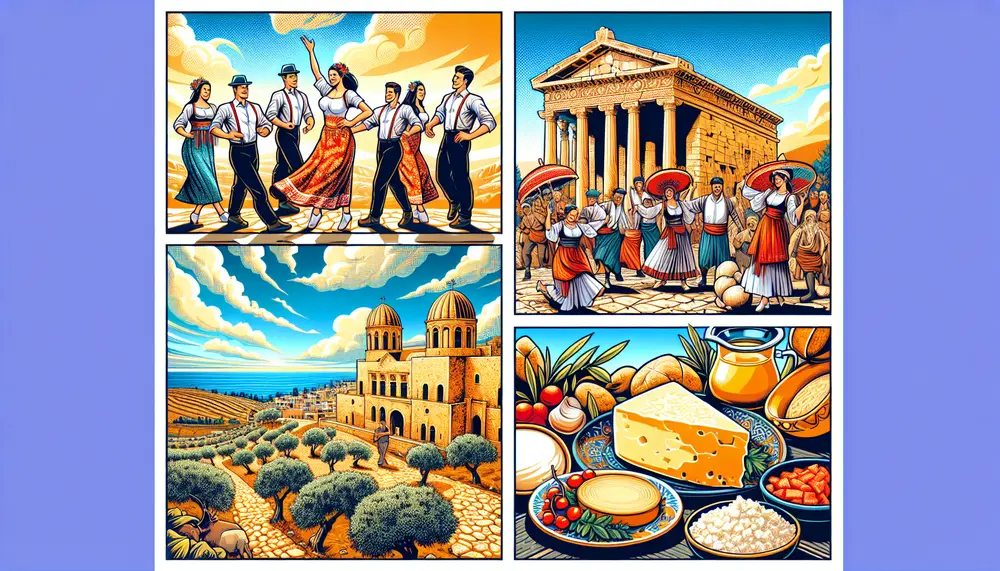
Cyprus, an island in the Mediterranean, features a rich cultural tapestry influenced by Greek and Turkish traditions due to its strategic location and diverse history. The guide explores various aspects of Cypriot culture including festivals, cuisine, religious practices, and artistic...
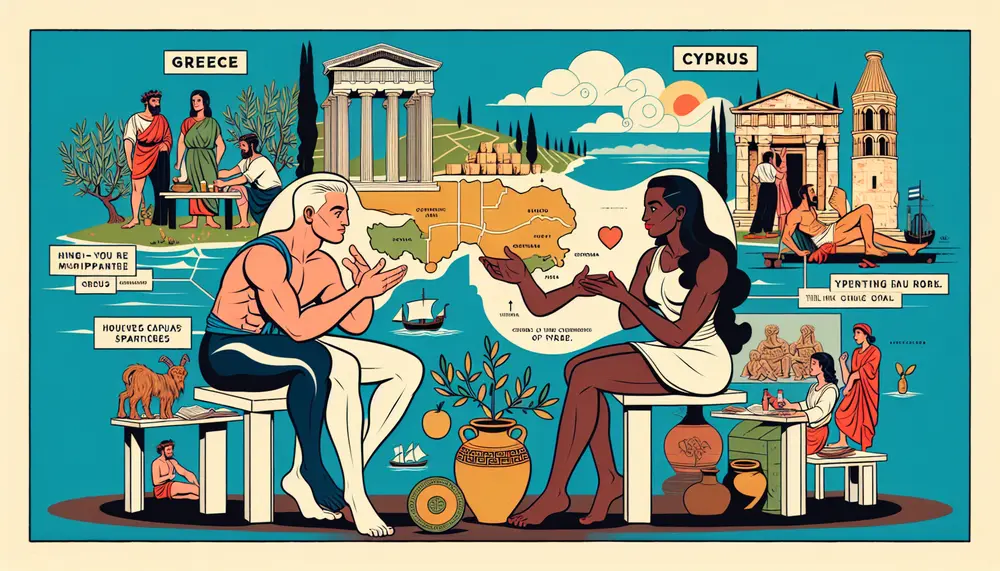
The relationship between Cyprus and Greece is deeply rooted in shared history, language, religion, and traditions. From ancient myths to modern political alliances, their connection has shaped both nations' identities and continues to foster strong cultural and economic ties today....
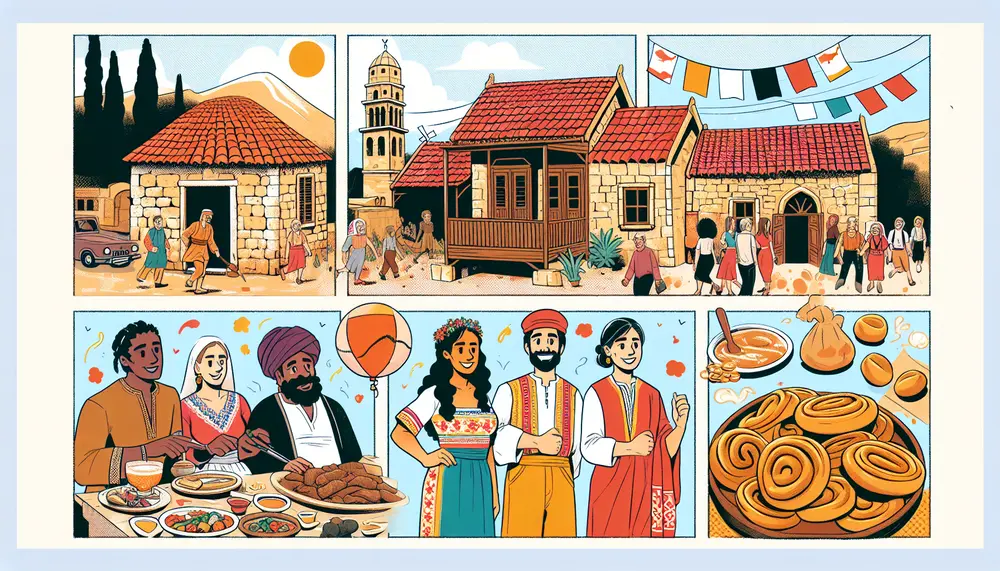
Cyprus boasts a rich and diverse culture shaped by various historical influences, including Greek, Phoenician, Roman, Byzantine, Ottoman, and British. The island's cultural identity is reflected in its language diversity (Greek Cypriot and Turkish Cypriot), religious practices (Orthodox Christianity and...
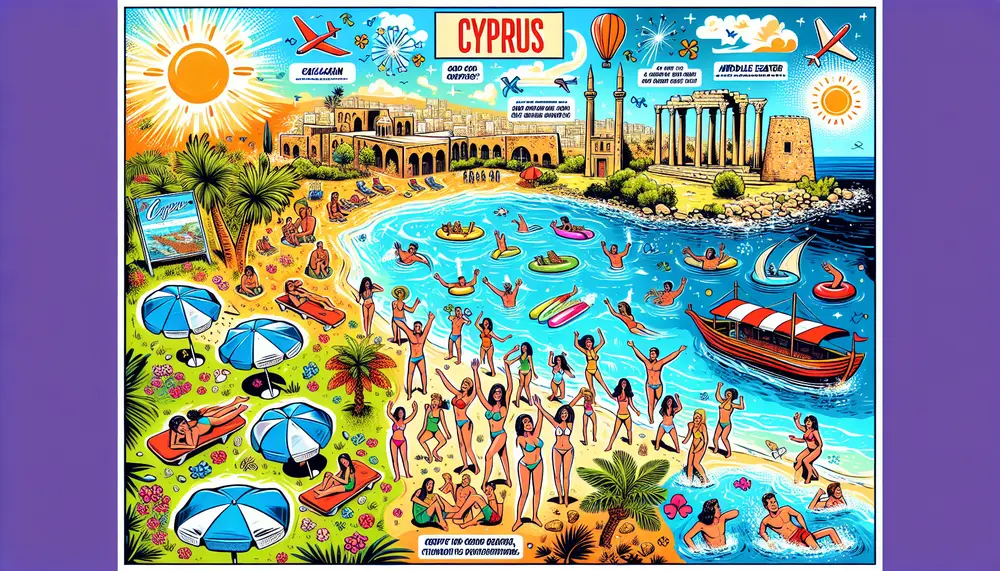
Choosing between Cyprus and Crete for a vacation involves comparing factors like climate, beaches, culture, cuisine, and cost. Both islands offer unique experiences: Cyprus is ideal for sun-seekers with its hot summers and clear waters, while Crete offers diverse terrains...
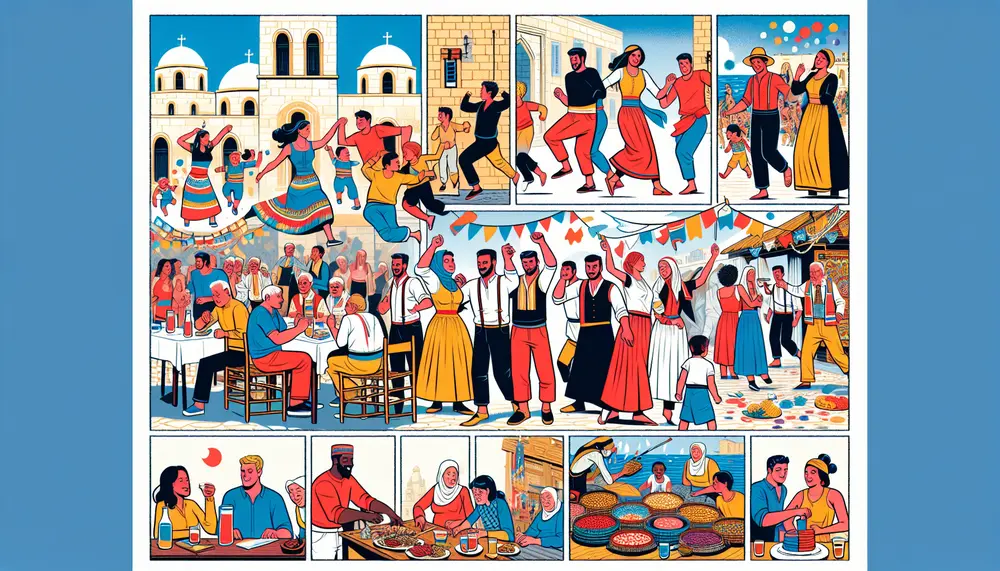
Cyprus, an island in the Mediterranean, boasts a rich tapestry of cultural traditions influenced by Greek, Roman, Byzantine, Ottoman, and British civilizations. This guide explores various aspects of Cypriot culture including festivals, music, literature, culinary delights, traditional arts and crafts...
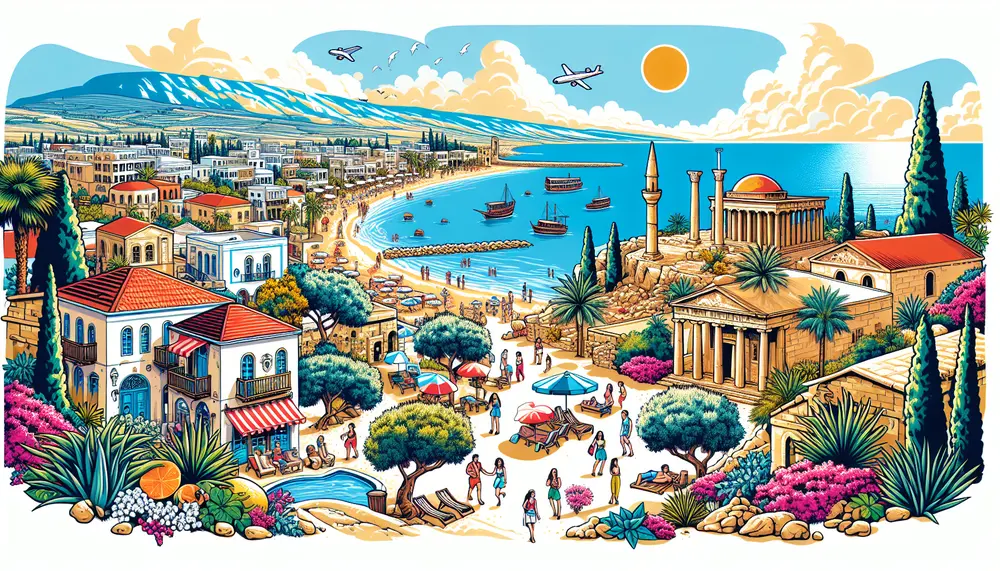
Cyprus Paphos is a coastal city known for its rich history, cultural heritage, and attractions like the Kato Paphos Archaeological Park and Tombs of the Kings. It features significant landmarks such as Aphrodite's Rock and Sanctuary, along with Paphos Castle...

Nicosia, the capital of Cyprus and Europe's last divided city, offers a unique blend of rich history spanning over 4,500 years and modern charm. This travel guide highlights Nicosia's top attractions, dining spots, and cultural experiences while noting practical considerations...
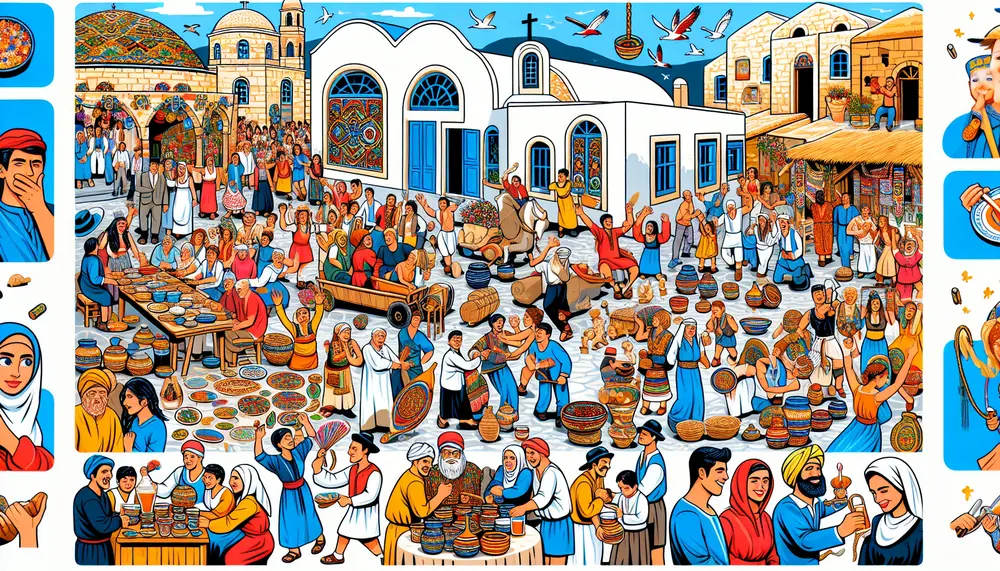
Cyprus's rich cultural and religious tapestry is shaped by its strategic location and historical influences from various civilizations, with Greek Orthodox Christianity being predominant. Islam also has a significant presence among Turkish Cypriots, while minor religions like Baháʼí Faith, Roman...
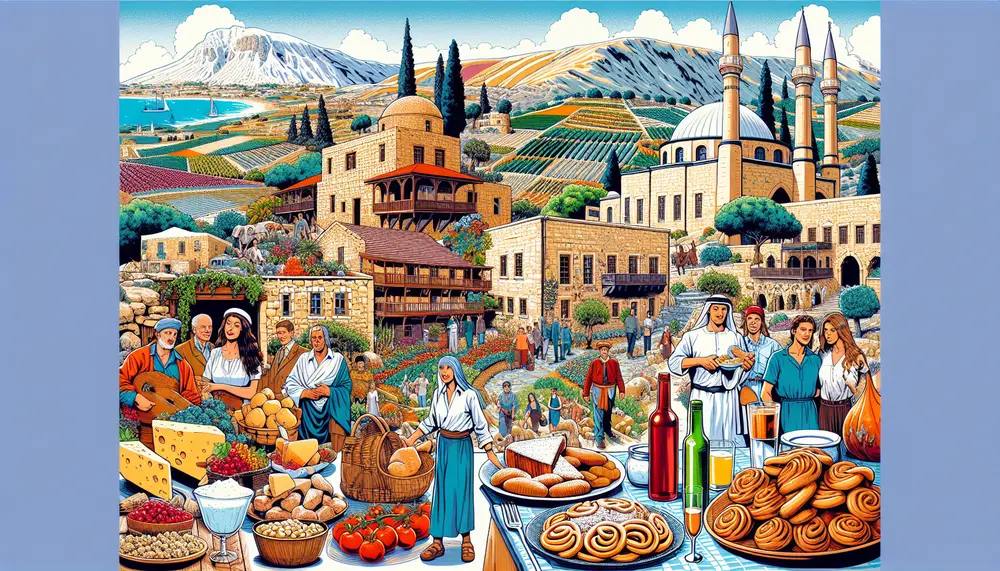
Cyprus' cultural landscape is a rich tapestry shaped by its history and diverse influences, with distinct Greek Cypriot and Turkish Cypriot cultures each preserving unique traditions in language, religion, crafts, music, dance, and cuisine. Despite political divisions, both communities share...

Planning a Cyprus vacation can be overwhelming, but this guide highlights the top 10 destinations to make your trip unforgettable. From historic Nicosia and beachy Larnaca to the ancient Paphos Archaeological Site and vibrant Limassol nightlife, each location offers unique...
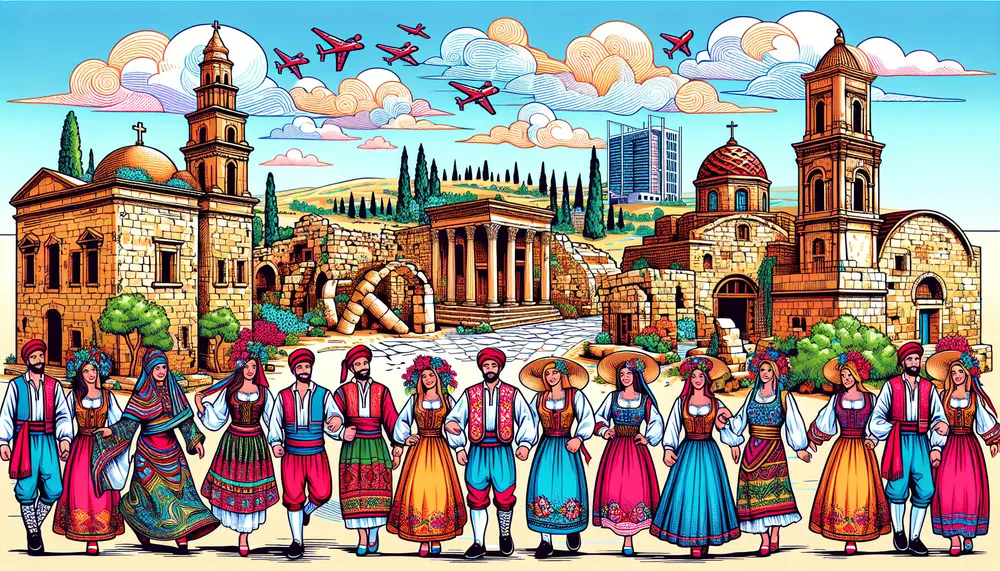
Cyprus' cultural heritage spans over 11,000 years and is a blend of influences from various civilizations due to its strategic location. The island boasts numerous archaeological sites, including UNESCO World Heritage Sites like Paphos Archaeological Park and the Painted Churches...

May in Cyprus offers warm, sunny weather with mild evenings, ideal for outdoor activities like hiking and beach days, though sea temperatures may still feel cool. With fewer tourists, blooming landscapes, and long daylight hours, it’s a perfect time to...

Cyprus pop culture is a dynamic blend of historical influences and modern trends, reflected in its music, visual arts, theater, and festivals. This vibrant cultural scene celebrates community and creativity while embracing global influences to create something uniquely Cypriot....
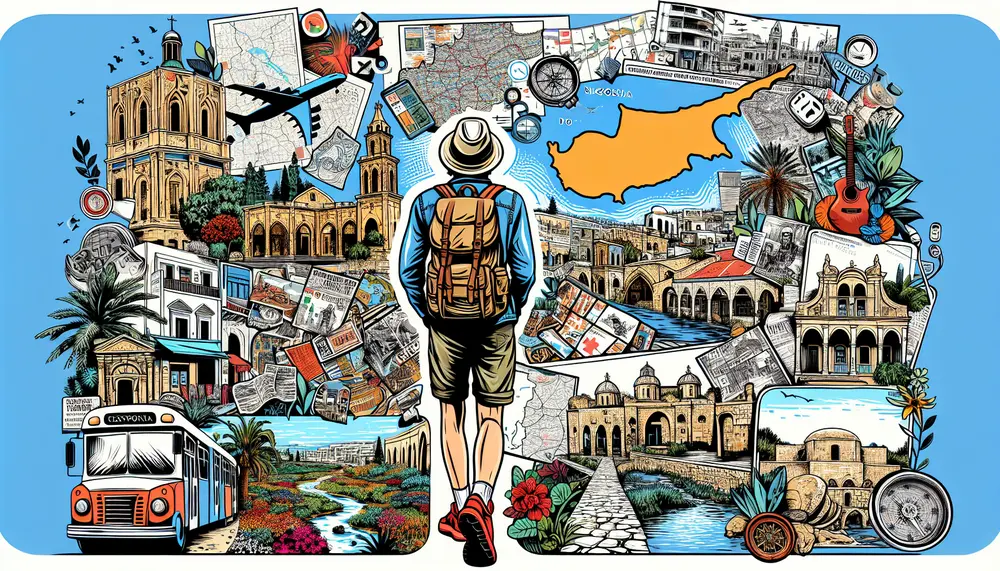
Nicosia, the capital of Cyprus, uniquely blends rich history with modern living and is notable for being Europe's last divided city. Visitors can explore its ancient architecture, bustling markets, and diverse cultural heritage while enjoying a warm Mediterranean climate and...
